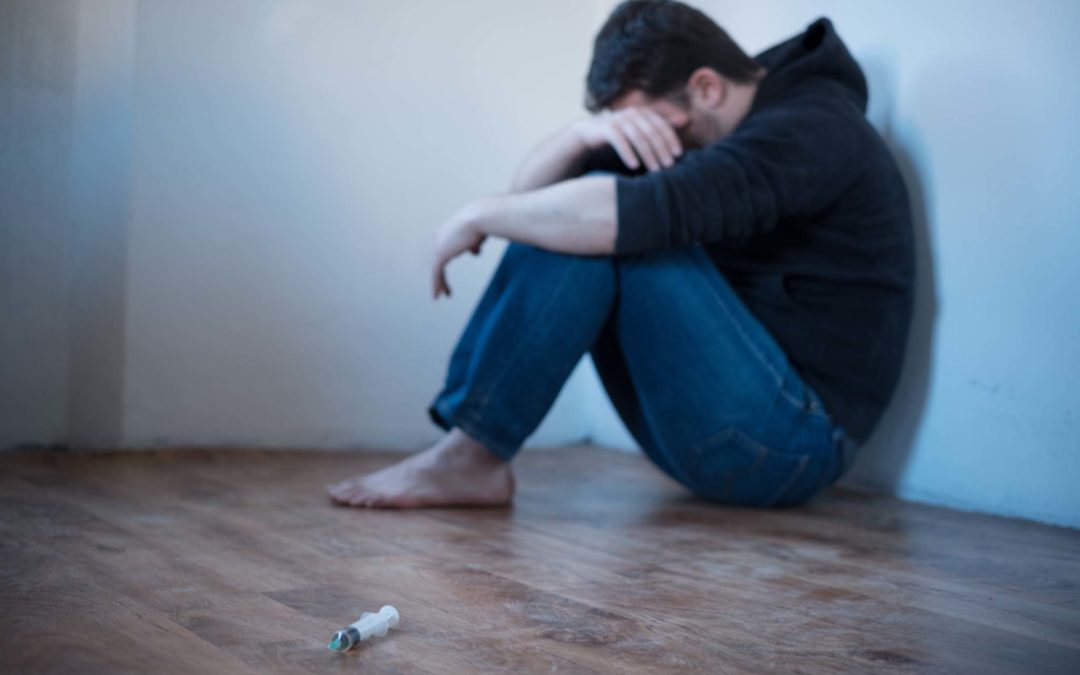For the second year in a row, American life expectancy has dropped—a phenomenon which hasn’t been seen in more than 50 years.
Researchers blame the opioid epidemic, which has led to soaring rates of drug overdose deaths, especially among younger adults.
More than 63,000 Americans lost their lives in an overdose in 2016, according to the Centers for Disease Control and Prevention. More than 1,400 people died from drug overdoses last year in Virginia. In the past few years, more people died from drug overdoses than car accidents.
A Complex Addiction
Rappahannock Area Community Services Board aims to reverse this trend by providing medication-assisted treatment.
Opioids change the brain in unique ways, making it difficult to use one-size-fits-all substance abuse treatment. Opiates release a surge of endorphins, which attach to receptors in the brain. Synthetic opiates flood the brain with these endorphins, creating an unusually intense rush—and, often, a crippling addiction with a lengthy, painful withdrawal.
Because of the brain changes, people addicted to heroin experience a 90 percent relapse rate.
Mitigating Withdrawal
Medication-assisted treatment mitigates withdrawal symptoms, diminishes cravings for opiates and helps the brain return to normal. Studies show that this is one of the most effective methods for treating opioid use disorder. RACSB started offering MAT in July, with help from the Virginia Department of Behavioral Health and Developmental Services, which provided grants to fight the opioid epidemic. RACSB received money for prevention efforts and for providing suboxone to individuals with opioid use disorder.
Suboxone combines a chemical that blocks opiate receptors with naloxone, which reverses the effects of opiates. RACSB provides this medication in combination with intensive treatment and monitoring. This includes group and individual counseling, drug screens and medication counts.
So far, 46 people have enrolled in RACSB’s MAT program.
“We’ve already seen many success stories. Individuals who have struggled for years are reclaiming their lives and working toward recovery.”
– Pat Bischoff, coordinator of substance abuse services

The Rappahannock Health District provides naloxone to people who complete REVIVE! training through RACSB.
RACSB also offers REVIVE! training to teach the public to use naloxone to reverse opioid overdoses. The next training will be held Jan. 27 in King George County. Participants will receive a free tool kit from the Department of Behavioral Health and Developmental Resources and a dose of naloxone from the Rappahannock Area Health District.
REVIVE! training teaches you to recognize an opioid overdose and walks you through the steps of using naloxone to reverse an overdose and save a life.
To learn more about MAT services, call 540-373-3223. To register for the upcoming REVIVE! training, call 540-374-3337 x102.

